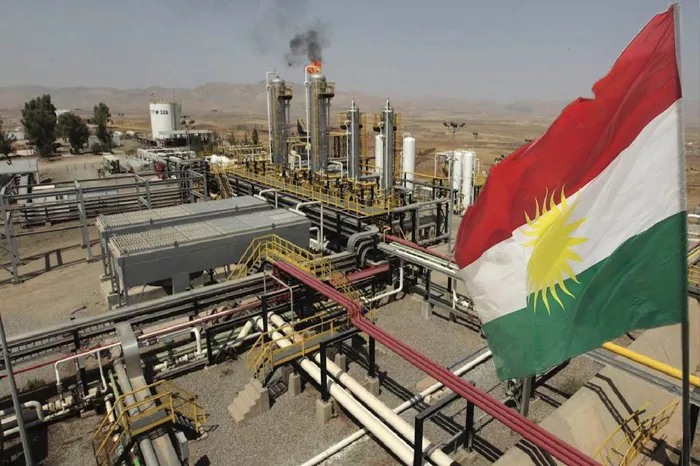The federal embargo on oil exports from Iraq’s semi-autonomous Kurdish Region (KRI) remains officially in place, but the region’s oil production has surged to approximately 250,000 barrels per day (bpd), up from around 2,000 bpd shortly after the ban. A source close to Iraq’s Oil Ministry told that the Kurdish region’s actions challenge the federal government’s authority, as all major oil flows are required to go through the State Oil Marketing Organization (SOMO), which is controlled by the Oil Ministry. The source emphasized that these sales are subject to ongoing legal disputes and could disrupt Iraq’s compliance with OPEC+ production cuts.
A senior European Union energy security expert suggested that Kurdish oil firms may view their actions as a necessary step to preserve regional independence amid the ongoing embargo. Despite calls for dialogue from various stakeholders, including foreign oil companies, the embargo has severely impacted the Kurdish region’s economy and investment prospects, leading the Association of the Petroleum Industry of Kurdistan (APIKUR) to appeal to the U.S. Congress for help in January. The APIKUR highlighted that the embargo jeopardizes over $10 billion in investments and threatens the region’s stability.
Though the KRI’s increased oil production seems to contradict the embargo’s spirit, it remains unclear if it breaches the specific terms of the embargo. Industry sources reveal that the oil is sold through indirect methods, such as local traders or trucking to destinations like Syria, and possibly Iran. However, the involvement of Iran is likely limited due to complex relationships between Tehran and Baghdad.
The legal status of the embargo and the KRI’s oil flows is ambiguous due to the Iraqi Constitution’s vagueness. The Kurdish Regional Government (KRG) cites Articles 112 and 115 as granting it the authority to manage and sell oil from fields not in production in 2005, while the Federal Government of Iraq (FGI) and SOMO argue that oil and gas belong to all of Iraq’s people and must be sold through federal channels.
Past efforts to resolve this constitutional issue have been unsuccessful, and earlier agreements, such as the 2014 deal requiring the KRI to export oil through SOMO in exchange for a budget allocation, broke down due to mutual dissatisfaction. Since then, Russia’s role as a mediator has further complicated the situation.
Currently, the FGI demands the KRI reduce output to 46,000 bpd, with additional production requiring compensation payments. The FGI has withheld approximately $7 billion in budget funds due to the KRI since the embargo’s inception. These actions align with the FGI’s broader goal of integrating the KRI more fully into a unified Iraq, as articulated by Prime Minister Mohammed Al-Sudani’s vision of a unified oil law to govern the entire country’s oil and gas sector.
Related topic:
Why Is Ethanol-Free Petrol Better?

